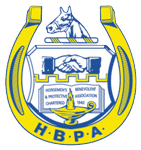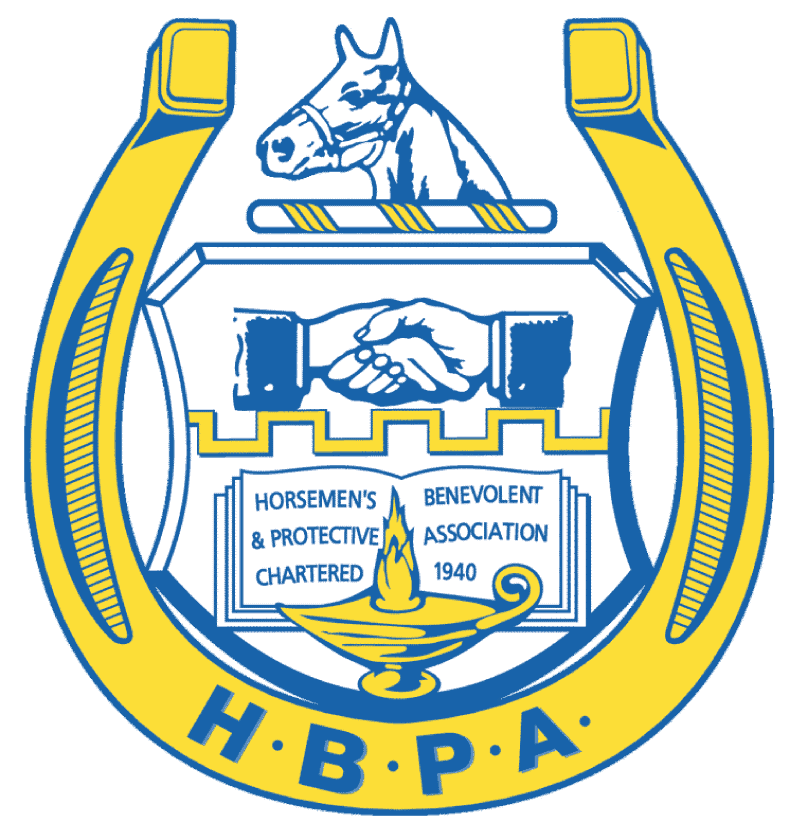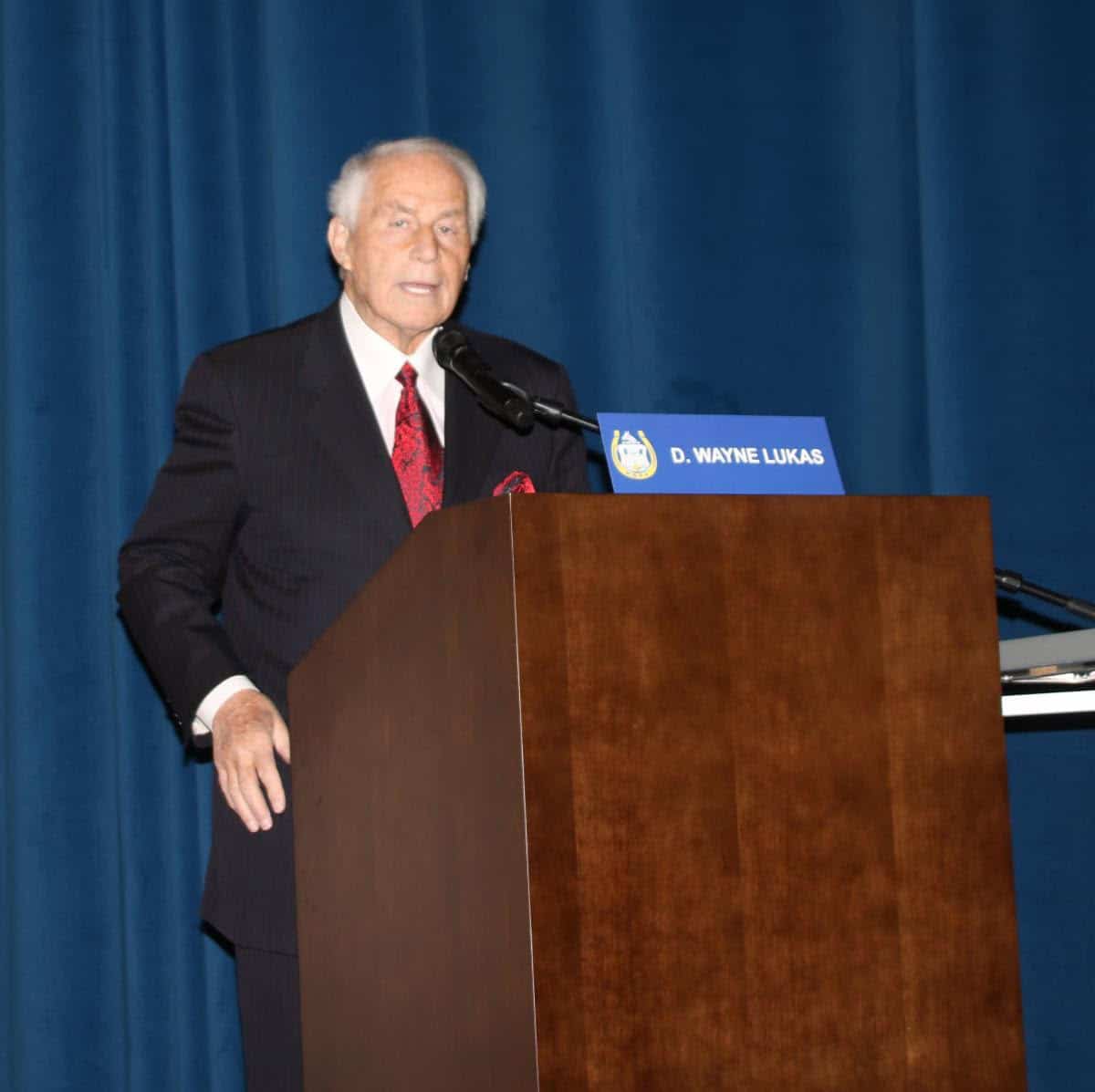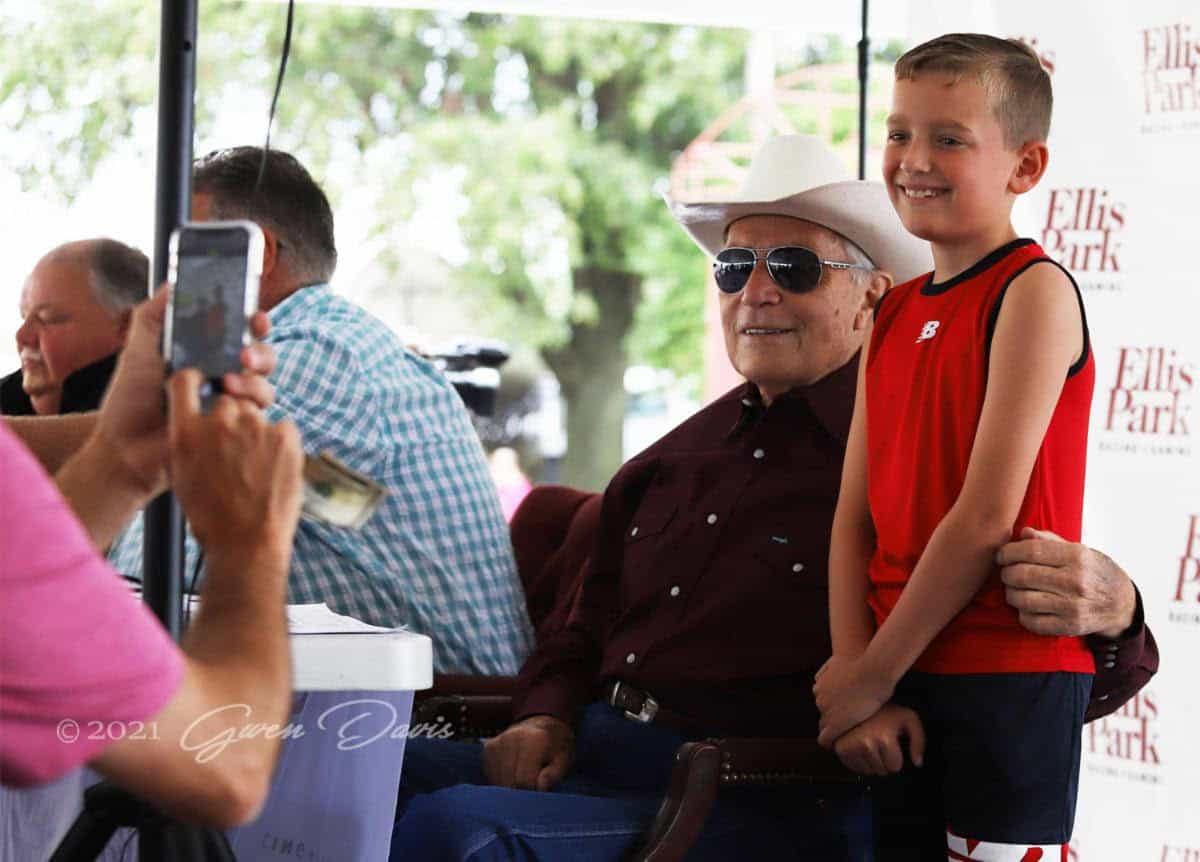KHRC Approves Regulation for Salix-Free Races
Blood-Horse
The Kentucky Horse Racing Commission March 23 approved a regulation that would permit the state’s racetracks to card races that would prohibit the administration of furosemide, also known as Salix or Lasix, within 24 hours of post time. The vote was 8-4.
Keeneland president Bill Thomason had said the Lexington racetrack supports the regulation because it will provide flexibility to card races that would prohibit furosemide, which is used to prevent or curtail the severity of exercise-induced pulmonary hemorrhage. While some horsemen and others had speculated that the track might be pursuing the rule as a way to conduct some Salix-free Breeders’ Cup World Championship races, Thomason said Keeneland did not anticipate the rule going into effect until 2016.
Keeneland director of racing Rogers Beasley indicated the track would schedule a limited number of Salix-free races for 2-year-olds during its spring and fall meets next year.
The KHRC Rules Committee approved the regulation by a 3-2 vote at its March 23 meeting, which was followed by the KHRC meeting.
The regulation allows a racing association to publish the requirement in its condition book “or otherwise make the requirement known to all licensees participating in its race meeting.” Commissioners that voted against the regulation wondered if it would allow tracks to schedule full cards of Salix-free races.
The Kentucky Horsemen’s Benevolent and Protective Association gathered signatures on a petition in opposition to the proposed rule, noting that it could be a “precursor to running the 2015 Breeders’ Cup Lasix-free. However, it may well be interpreted that this is the start of running Lasix-free on any race, merely by making all races in the condition book Lasix-free.”
Marc Guilfoil, director of racing for the KHRC, said no one involved with the drafting of the regulation has mentioned wanting to have it enacted prior to this year’s Breeders’ Cup. The regulation needs to go to the state’s Legislative Research Commission for vetting, and once that occurs, there will be a period of public comment and perhaps a public hearing.





